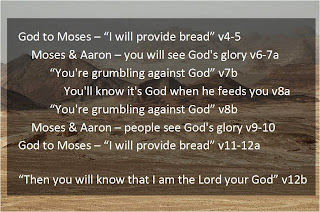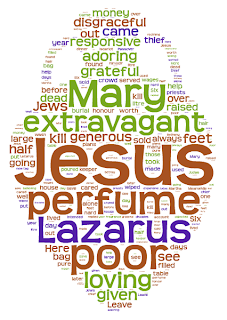Happy Christmas! (Monday Mail)
I found this Christmas hymn in an old hymnbook; I can't find a tune that is even vaguely singable for it, but the words are gorgeous and well worth praying through this Christmastime! Come and stand amazed, you people, See how God is reconciled! See his plans of love accomplished, See his gift, this newborn child. See the Mighty, weak and tender, See the Word who now is mute. See the Sovereign without splendour, See the Fullness destitute, The Beloved, whom we covet, In a state of low repute. See how humankind received him; See him wrapped in swaddling bands, Who as Lord of all creation Rules the wind by his commands. See him lying in a manger Without sign of reasoning; Word of God to flesh surrendered, He is wisdom's crown, our King. See how tender our Defender At whose birth the angels sing. O Lord Jesus, God incarnate, Who assumed this humble form, Counsel me and let my wishes To your perfect will conform. Light of life, dispel...


